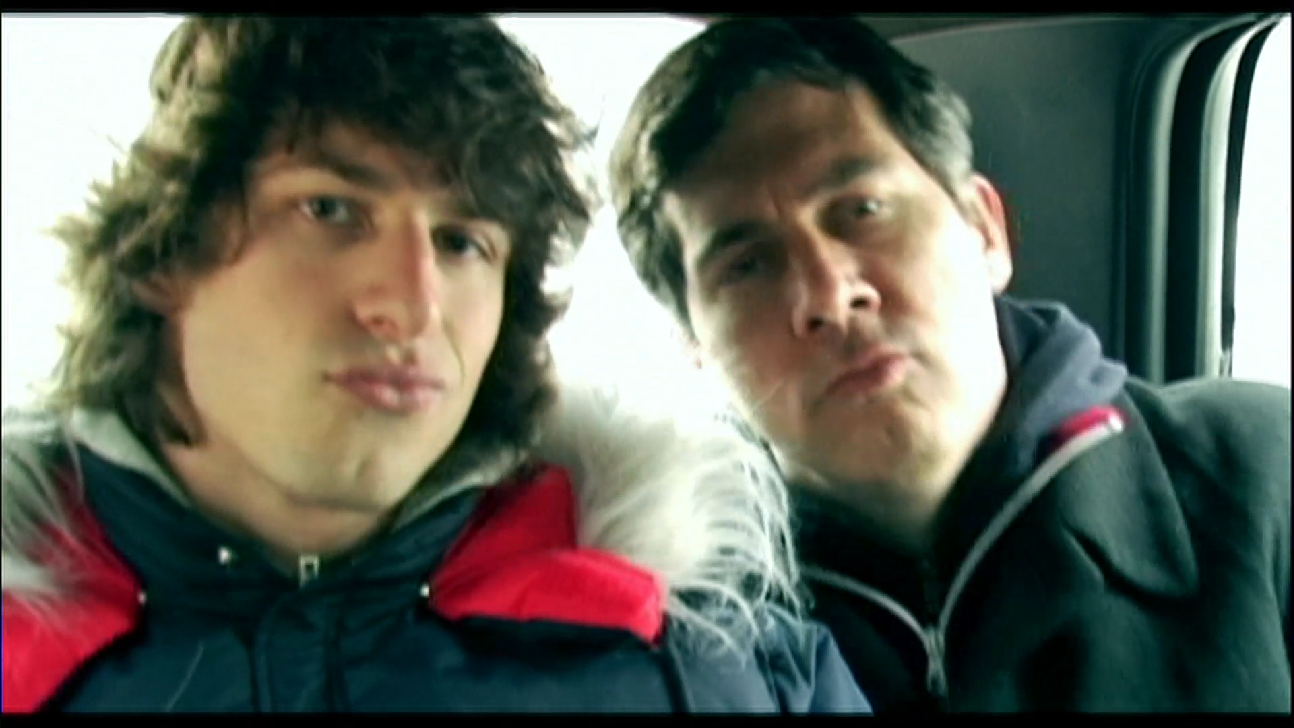I was working as an editor at a magazine during Andy Samberg’s first year at SNL, and I’m still annoyed that I wasn’t allowed to run an interview with him like I wanted to in the weeks after the “Lazy Sunday” video he did with Parns had made Youtube into a sensation. I was already familiar with the Lonely Island stuff (The ‘Bu, especially), and I could see where those guys were going to take the show. I asked a talented friend who’s a music and comedy writer to conduct the Q&A, but when I pitched the story in a meeting, I was told this by another editor who had the power to nix such a piece: “I’ve seen Samberg on stage and he isn’t funny.” Oy gevalt!
Youtube, of course, has done much more than humor, finding a place in its decade of existence in major world events, a big piece of the puzzle that has undercut traditional media. It’s been a sword with two edges: Some of that has been great and some of it has been ISIS recruitment. I don’t think it would matter at all if Youtube disappeared today–there would just be other outlets to do the job–but it was the first to civilize (to a certain extent) the wild landscape of visual media on the Internet. And it still regularly amazes me. From Matt Schiavenza at the Atlantic:
YouTube videos have played a significant role in many major world events. In Iran, footage of the death of Neda Soltan, a young protester, went viral and accelerated the country’s anti-government demonstrations in 2009. More recently, the Islamic State has relied on Internet videos for propaganda purposes. Earlier this month, ISIS released a film showing Muadh al-Kasasbeh, a Jordanian pilot held hostage by the group, burning to death in a cage. The video sparked widespread outrage in Jordan, whose government promptly vowed retaliation. Online video did not create terrorism—but it reduced the barriers to entry for groups like ISIS to broadcast their message.
“Extremists don’t need a middleman anymore,” wrote Jeffrey Goldberg in the Atlantic last December. “Journalists have been replaced by YouTube.”
The meteoric rise of YouTube, Facebook, and Twitter has bolstered the dreams of idealists who want to use technology to solve the world’s problems, a point of view frequently skewered by skeptics like writer Evgeny Morozov. While YouTube’s spread has allowed people to see the world from more points of view, the powers of democratized video can only go so far in pushing along change.•
Tags: Andy Samberg, Chris Parnell, Matt Schiavenza


